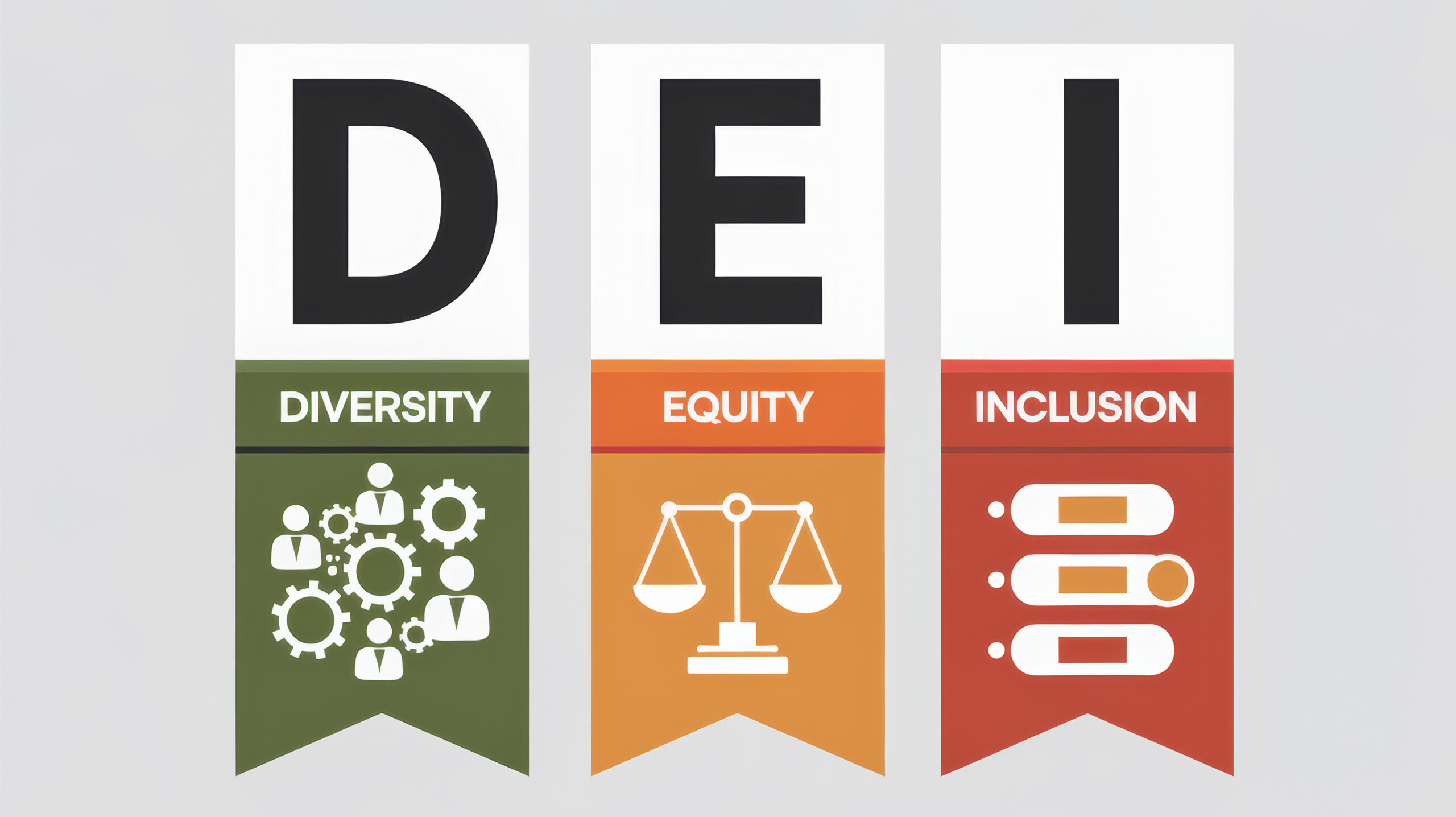Have We Reached the Point of No Return to Save the Earth?
Whether or not we think that this planet is being destroyed by its human population in our time, there is no denying the air we breathe, the water we drink and the food we eat are less than optimal. It’s hard to dispute the evidence that we have polluted the planet so extensively that some areas have become toxic to life itself. It is doubtless that we humans have been very poor stewards of the only home we have – the earth.
We can argue about the existence of Global Warming and Climate Change. We can be skeptical of the widely-accepted effects: melting polar icecaps and glaciers, rising coastal water levels, natural disasters, severe weather events, increasing occurrence of famine, more incidence of epidemic and pandemic disease, destruction of entire ecosystems on land (expanding deserts) and in water (dying coral reefs), extinction or over-population of various bird, mammal and fish species – the list is endless. The fact remains: we humans have not taken care of the planet we all share.
Before proceeding further, it might be helpful to point out that Global Warming and Climate Change have different definitions in scientific “green-speak”:
“Global warming refers to the recent and ongoing rise in global average temperature near the Earth’s surface. It is caused mostly by increasing concentrations of greenhouse gasses (GHG) in the atmosphere. Global warming is presumed to be causing climate patterns to change, but it is only one aspect of climate change.”
“Climate change refers to any significant change in the measures of climate lasting for an extended period. In other words, changes in temperature, precipitation, or wind patterns, among other effects, that occur over several decades or longer.”
From the outset of our time on earth, we have exerted tremendous effort to subdue and dominate the planet that we have been gifted: not by caring for it, or maintaining it, or making it better, but by exploiting its wealth and poisoning its elements and fighting each other for its resources.
And so, we now find a world that features three progressive sets of consequences that leave our planet in the tumultuous state we see today:
1. Environmental pollution on land, in sea and in air. This has come from many sources: industrialization, energy production and use (including, but not limited to fossil fuels), accidental and purposeful releases of toxic materiel, agricultural enhancements, natural disasters like volcanoes, and, of course, wars and their carnage.
2. Climate change in many parts of the world. This may be evident with rising temperatures on land and sea reputedly causing droughts or floods, land erosion, desert expansion, ocean acidification, coral bleaching, polar and glacial ice melt, rising sea levels, unbreathable air, inadequate food supplies, shortage of potable water, habitat reorganization and extinction of species.
3. Effect on humanity. This includes myriad mental and physical health issues, disease spread, food and water insecurity, energy shortages, transportation and supply difficulties, degradation of infrastructure, extreme economic downturn and dramatic decrease in quality of life (with a whole other list of accompanying sub-issues – poverty, homelessness, joblessness, family break-ups, addictions, illnesses, etc.).
There are those who will say that pollution, climate change and their adverse affects on humanity are found throughout history. That may be true:
· We can observe the empires of antiquity with their endless resource needs and destructive methodologies for conquest and ambitious projects.
· The industrial revolution saw wholesale mechanization and exponential need for energy (human, animal and motorized).
· The 20th Century consumer cultures featured mass production of food, shelter, energy and goods…two world wars and release of the nuclear genie.
· The 21st Century with its current load of 8 billion persons living today seemingly has our planet overly stressed and its eco-systems in serious trouble.
· And then we have our current day situation: we now realize the damage we have done and see the “bandwagon” to fix it is serving only to further harm the earth and impoverish its inhabitants.
Widely accepted as one of the world’s top authorities in the field of environmental policy is Bjorn Lomborg. In his book, False Alarm – How Climate Change Panic Costs Us Trillions, Hurts the Poor, And Fails To Fix The Planet, he draws this conclusion on p. 148:
“Climate alarmism too often leads us to policies that while well-intentioned, crowd out much more effective ways of helping people. It comes down to this: when we see a malnourished child or a town hit by a hurricane and seriously suggest that we should make lives better by cutting a ton of carbon dioxide, we are not actually trying to do good, but rather imposing our own priorities on people who have little power to assert their own.”
“Thus far, humanity has excelled in showing how not to fix the climate. We have spent three decades trying the same, deeply broken approach, over and over. Politicians lurch from one climate summit to the next, with climate campaigners urging them on to make even more ludicrous promises. Enough is enough.”
Judging from so much policy and regulation that comes from major world institutions (U.N., IMF, WEF, etc.), Western governments in particular, and powerful corporations, there appears to have developed a booming (and monetarily lucrative) industry from the belief that the climate can be restored or at least be made constant to mitigate disasters.
Hundreds of billions of dollars and euros (not close to being matched with rubles, yuan or rupees) have been allocated and spent for unproven technology to implement ill-conceived ideas. Elaborate programs and protocols are agreed upon and enacted to fix what are considered “existential” crises that threaten to eradicate all life on earth in a matter of decades.
The more moderate of the concerned offer less drastic actions in finding ways and means to trade-off an increase in harmful emissions, allowing the earth’s temperature to moderately increase (accepting and adapting to resultant adverse climate conditions) WHILE raising the standard of living (measured in GDP per person) of more and more people on earth, who will then become affluent enough to take real collective action on Climate Change because their lives are better (Mr. Lomborg among them).
We could go on ad infinitum about the state of elements of the earth’s environment today, and what so many think about it, and what they want to do about it, but based on millennia of human history, it is improbable that we will get a population of eight billion (+) with varying and competing types of government, economy, culture, religion and education to agree to the same environmental actions to achieve the same climate goals.
So, it seems our only hope to save the planet is supernatural. The One who purports to have created our planet and the entire universe can surely restore earth to its pristine state. Within the Holy Bible, there is much said about a refreshing, a revitalizing and a restoring of the planet after we are predicted to come very close to destroying it to such measure that all life on earth could not continue without divine intervention.
Simply put then, I choose to place my hope in God rather than the best human thinking to save the earth from climate catastrophe.









